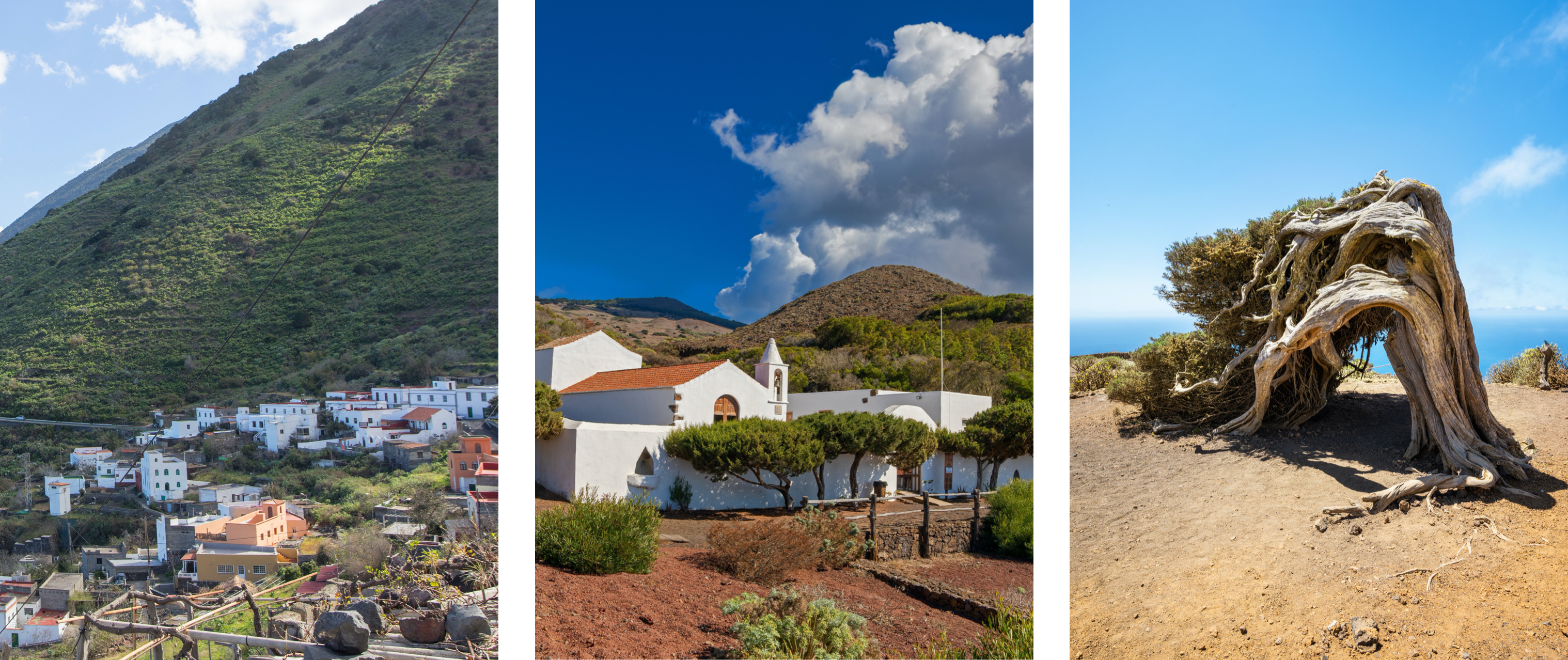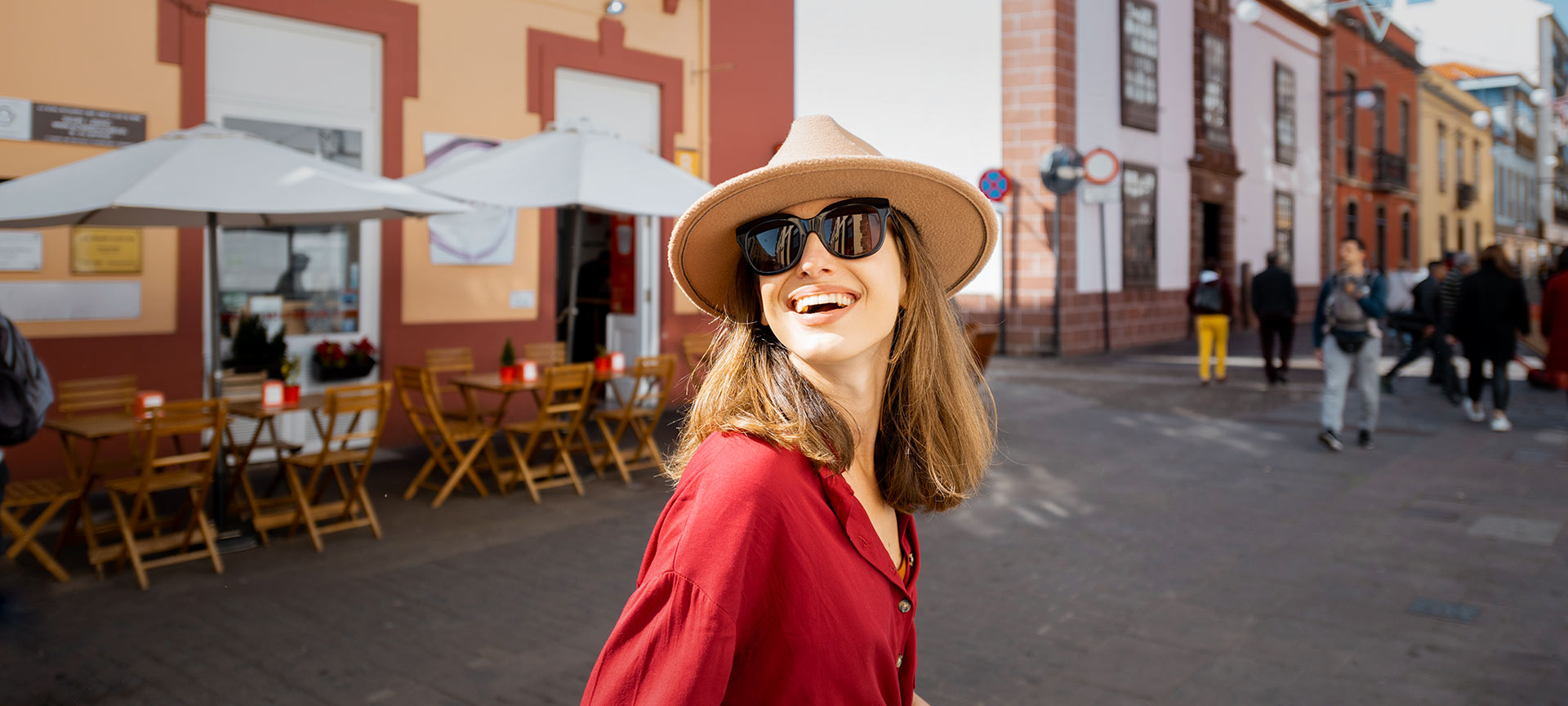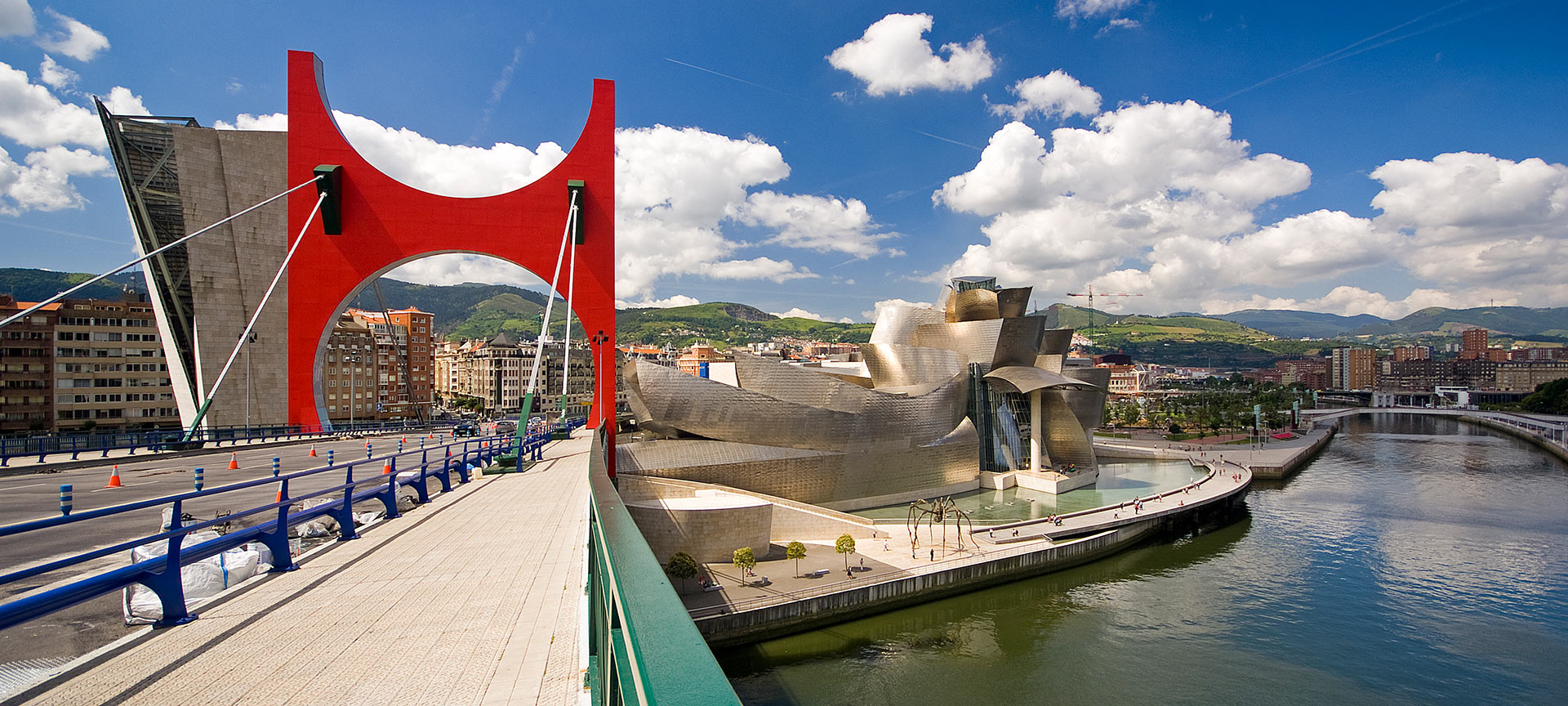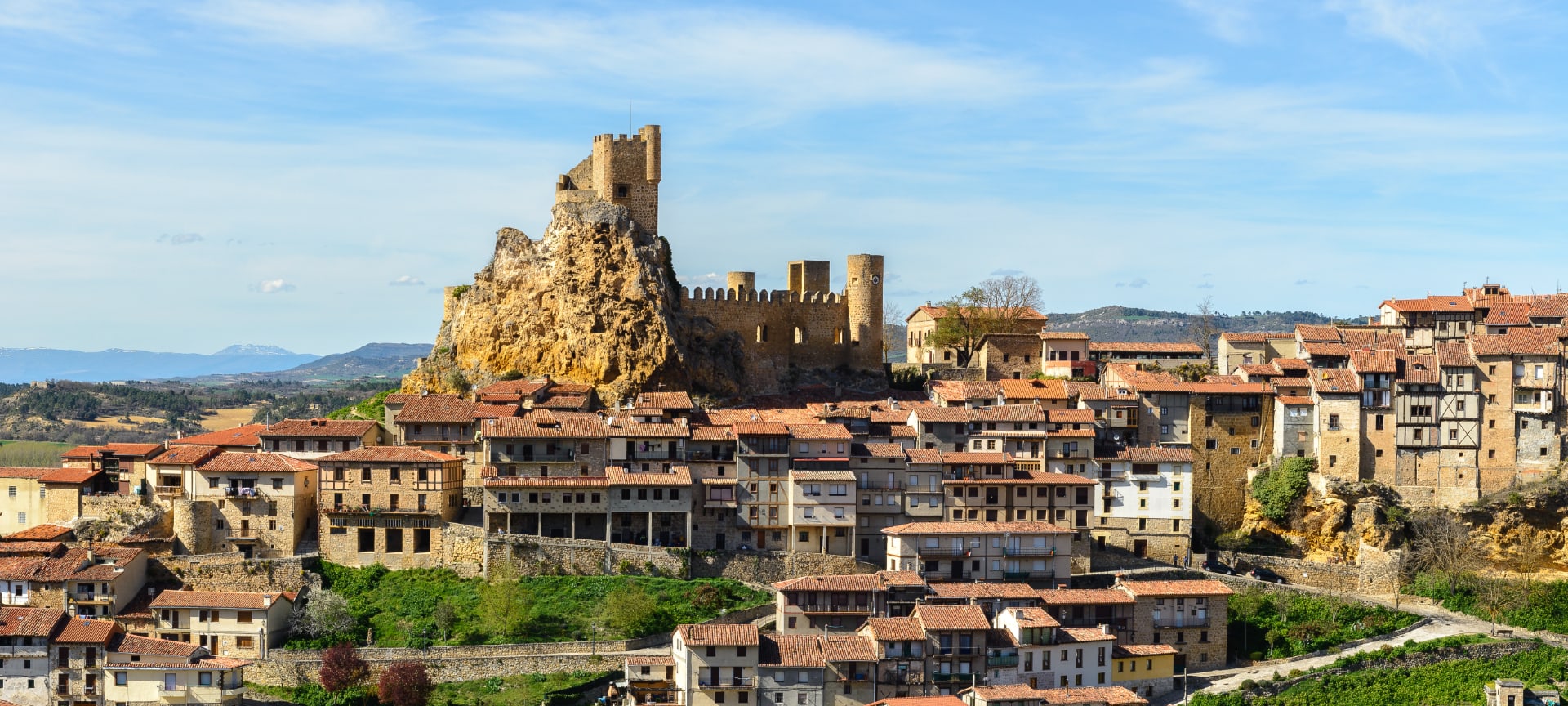
Sabinosa, Frías, Redes… Get to know some of the smallest towns in Spain
Imagine being able to walk quietly through the streets of a small town, surrounded by nature or by a medieval wall, with houses overlooking a rocky outcrop or on the edge of a cliff. Towns full of pedestrian streets sheltered by colorful houses and monuments that enrich the artistic, religious, cultural and historical heritage of the place. Would you like to visit some of these small Spanish towns?
Debe activar Javascript para poder utilizar este servicio
-
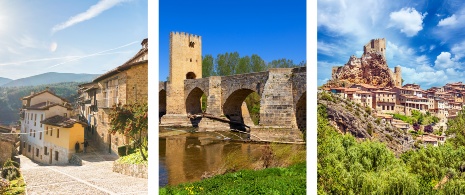
Frías, Burgos
80 kilometres from the city of Burgos, is the smallest city in Spain: Frías. Although it has less than 300 inhabitants, in 1435 King John II of Castile granted it the title of city. Frías is a joy to behold, a small group of houses situated on the rock of La Muela. Did you know that its streets are so narrow that driving on them is not permitted? So, if you come by car, you can park before entering the city.Frías still holds medieval treasures, such as its nine-arch bridge on the banks of the Ebro River. Or the city wall that protects the Velasco Castle (built between the 10th and 15th centuries), the drawbridge and the moat. If you have the opportunity to climb up to the keep, you will be able to enjoy the views of the city and the Obarenes mountains.
-
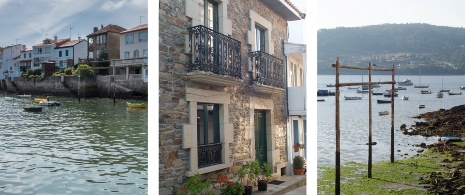
Redes, A Coruña
Redes is located in the Ares estuary, just over half an hour from A Coruña. Did you know that its picturesque Indian houses overlooking the sea were the setting for a film by the famous Spanish director Pedro Almodóvar?Virtually all the streets in Redes are pedestrianized. But, as soon as you enter, you will see a sign informing you about the location of the town's car park. It is only 100 metres away from the main square and the event is free, but there are limited seats: O Pedregal Square. You can have a nice meal with views to the port at one of its terraces, and then visit the maritime club and practice watersports, take a ride on a kayak…
-
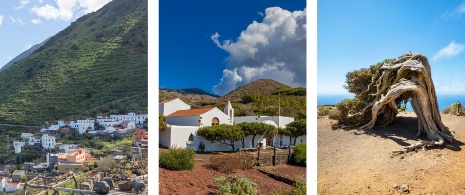
Sabinosa, El Hierro
The Strict Nature Reserve of Mencáfete lies to the west of the island of El Hierro (Canary Islands). On one of its slopes the small town of Sabinosa was built, made up of charming white houses in the middle of the juniper forest. A town that seems to be isolated on an island, which is the smallest and the less populated of the seven main islands of the Canary Islands. In Sabinosa they take great care of their customs, perhaps that is why their wines are spoken of so highly. You cannot leave the island without visiting the traditional wine presses or without trying the wines of Valle del Golfo.
-
Nava del Rey, Valladolid
In its time, Nava del Rey was the centre of the most important cooperage in the region. It is also known for being a land of traditions, such as pastry making and wine. The town's wines are classified with the Rueda Designation of Origin and so is its wine route.King Alfonso XII granted Nava del Rey the title of city, although its population was of only 2,000 inhabitants. This town has a rich cultural, historical and religious heritage. The Gothic church of Santos Juanes is one of the highlights of its monuments. Its tower is so huge that it is known as the “Giralda of Castile”! If you want to visit it, you should contact the Tourist Office. On the outskirts of the city, you will find the Hermitage of the Virgin of the Conception.
Travel plans for inspiring you



